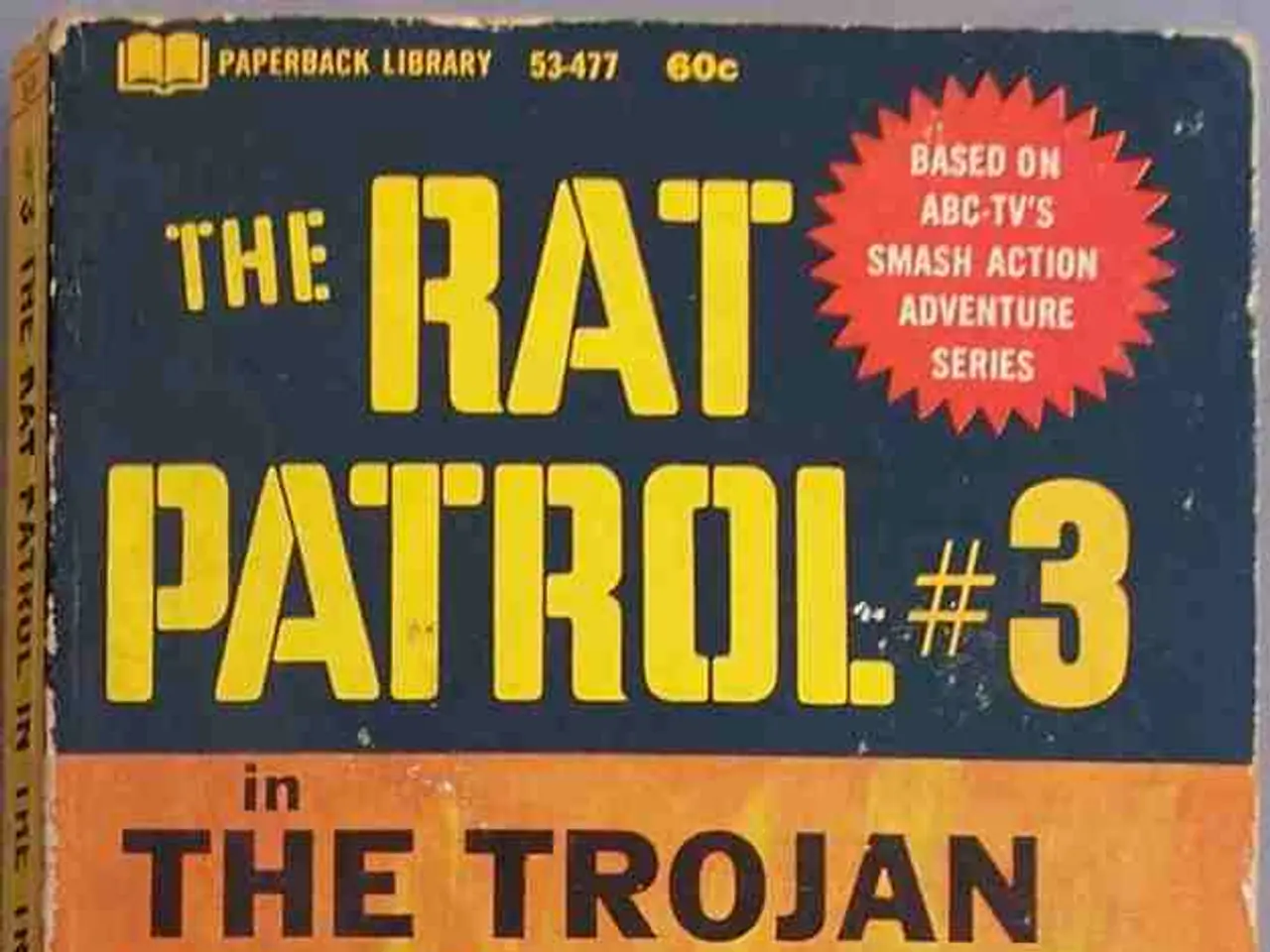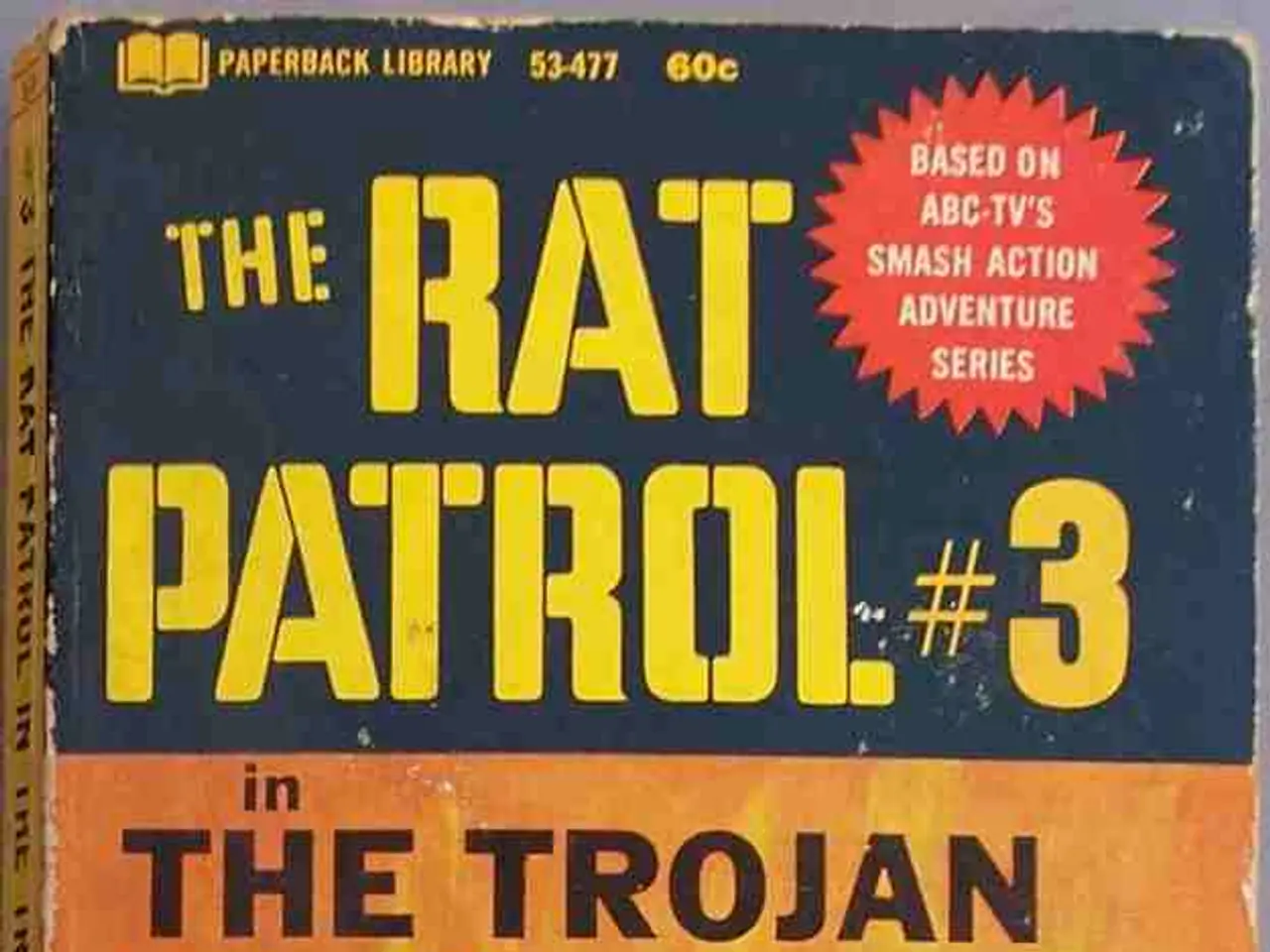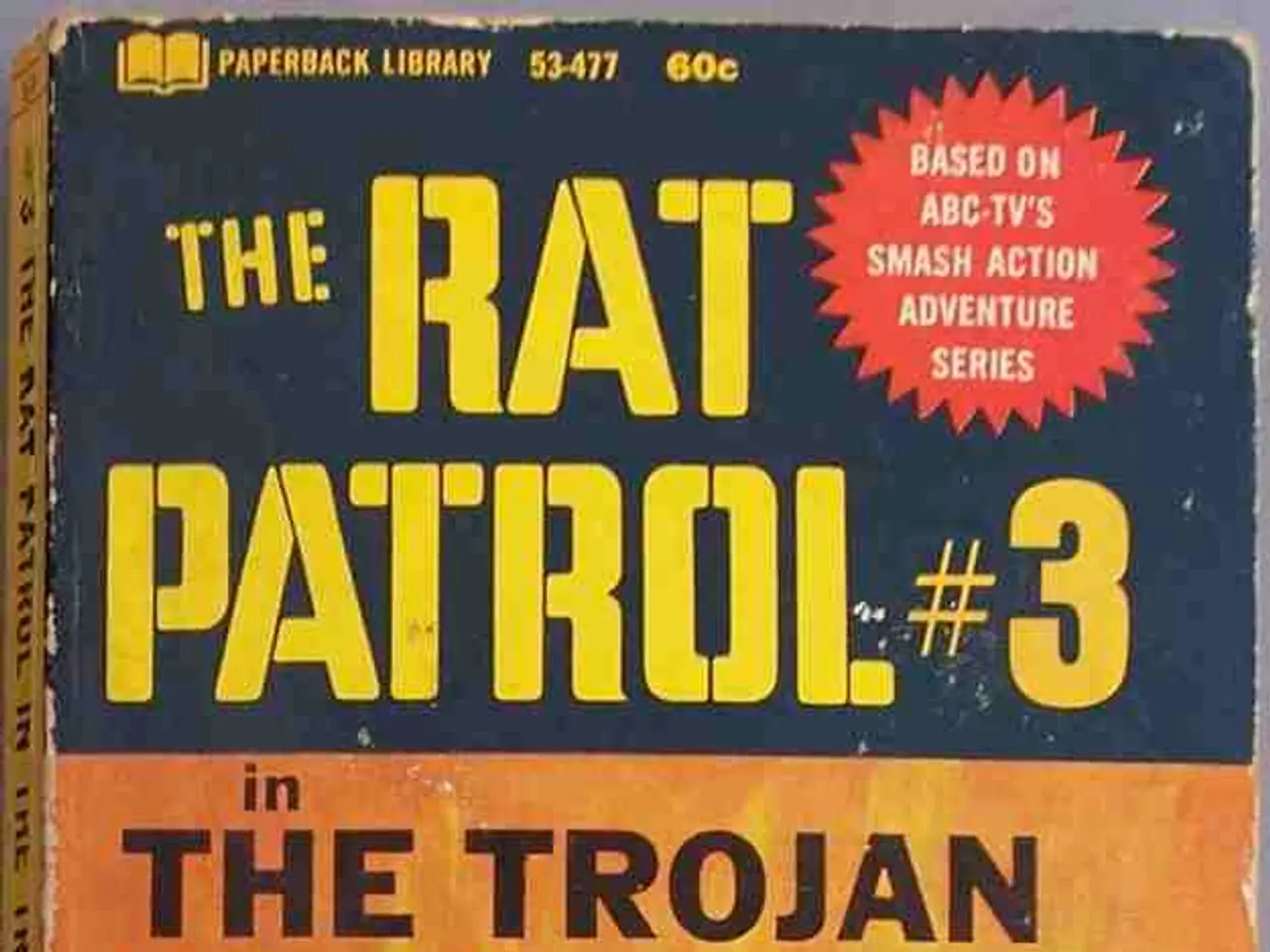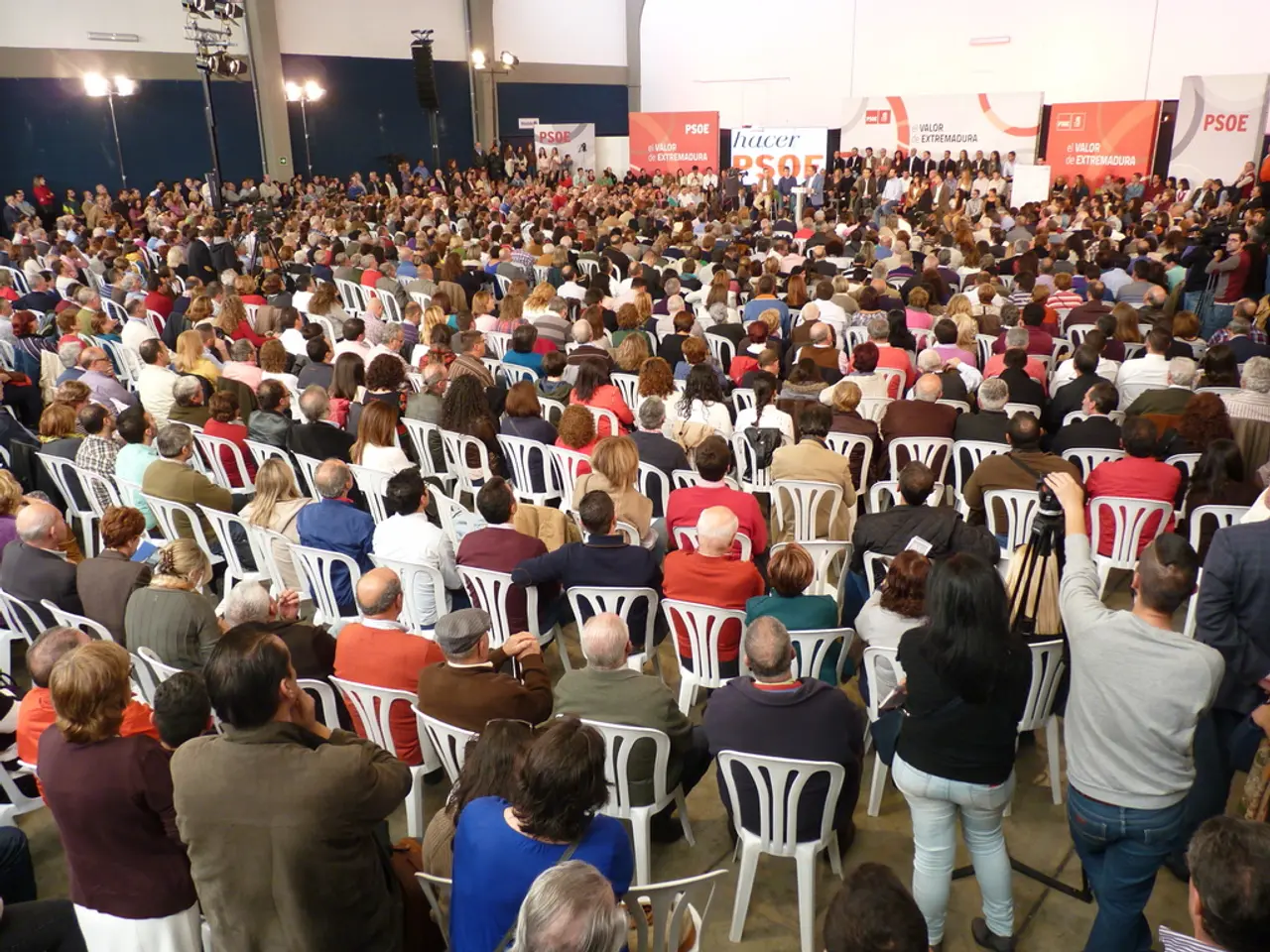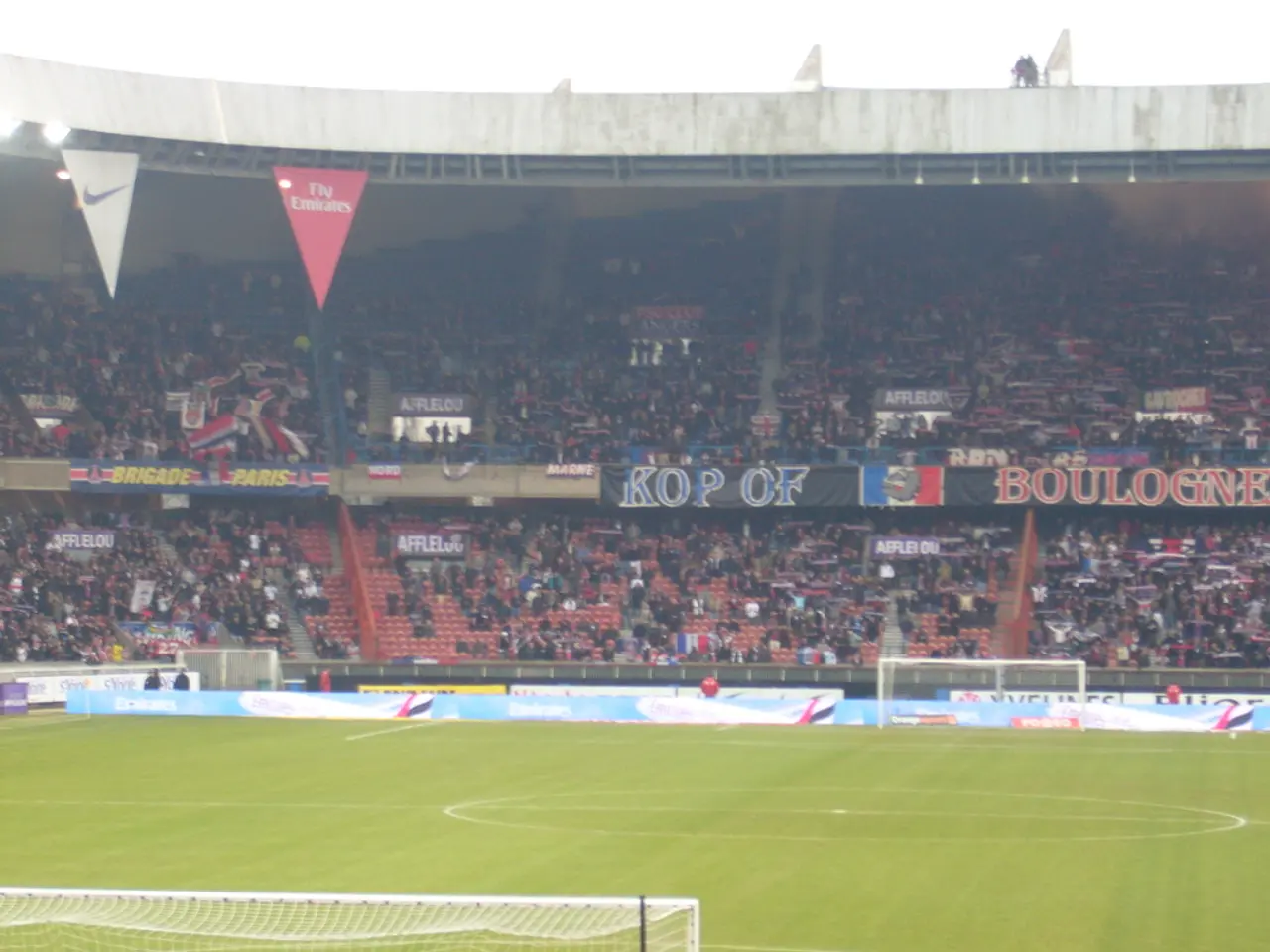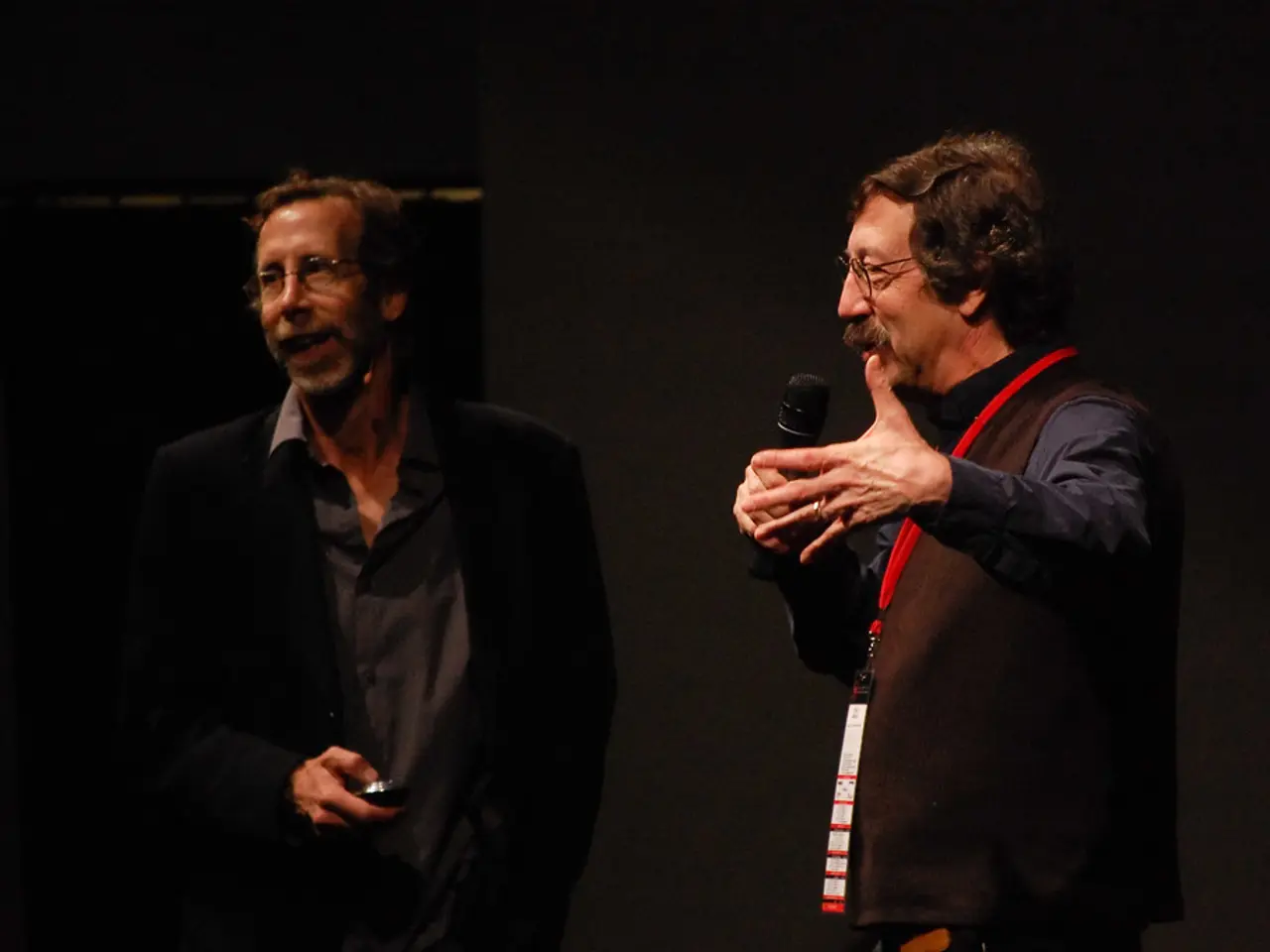Russian forces launch assault on Ukraine, employing 46 fatalities and Iskander missiles
Ukraine-Russia Conflict Escalates: Casualties, Territory Losses, and Diplomatic Efforts
The ongoing Ukraine-Russia conflict continues to escalate, with intense fighting, significant military losses, and evolving international diplomatic efforts.
Recent Attacks and Military Situation
Russian forces have been making gains, capturing approximately 226 square miles of Ukraine between July 8 and August 5, 2025, while advancing deeper with considerable losses in troops and armour. Ukraine, facing manpower shortages, continues to resist intense battles along a 1,000-kilometer front, particularly in the eastern Donetsk and northern Sumy regions. Russia employs large-scale bombing campaigns targeting civilian infrastructure.
Military Losses
The exact numbers of casualties and equipment losses are not disclosed, but Russia's advances come at a "great cost" in personnel and equipment. Ukraine's troops are depleted, adding pressure to their defensive operations. Russia’s potential acceptance of a moratorium on long-range strikes might be a tactical move to regroup or mitigate sanctions impacts but could also limit Ukraine’s ability to strike Russian military-industrial targets.
International Responses and Diplomacy
Ukrainian President Zelensky has expressed his willingness to meet with Russian President Putin and former U.S. President Trump, aiming for a ceasefire. Russia, possibly via Putin, has proposed a ceasefire and a moratorium on long-range strikes, although details remain unclear, and Ukraine currently perceives Russia as unlikely to negotiate in good faith. U.S. Secretary of State Marco Rubio has confirmed receipt of a ceasefire proposal from Putin, highlighting the complexity of peace talks amid ongoing hostilities.
Public Opinion and Political Context
Support for continuing the war in Ukraine has sharply declined, with 69% of Ukrainians favouring negotiated peace rather than fighting until victory. This shift reflects war fatigue despite persistent hopes that Western allies like the EU, UK, and US will help end the conflict. Zelensky’s readiness for talks contrasts with skepticism on both battlefield conditions and political trust.
Russian Occupation Efforts
In occupied Ukrainian territories, Russia continues consolidating administrative control, pushing Russification campaigns including indoctrination of youth, and privatizing key assets like the Port of Yalta to reward loyalists. This underscores ongoing efforts to entrench occupation despite the military conflict.
Notable Events
- In the Kharkiv region of Ukraine, two people were killed in a Russian drone attack near Vovchansk.
- Volodymyr Zelensky visited the frontline in the Kharkiv region and the city of Kharkiv.
- A Russian nuclear submarine base in Kamchatka has reportedly been damaged following a strong earthquake.
- Alexander Dugin, an ultranationalist Putin ideologue, expressed dissatisfaction with Donald Trump's rhetoric.
In summary, the conflict remains violently active with high casualties and territorial shifts, complicated by tentative diplomatic overtures centered on ceasefires and strikes moratoriums. However, Ukrainian public opinion has largely shifted toward peace negotiations amid continued international pressure and persistent Russian occupation policies.
- The community and employment policies of the involved nations may be significantly impacted by the ongoing Ukraine-Russia conflict, as the escalating military tensions could lead to increased national spending on defense and military personnel, potentially causing economic instability or requiring policy adjustments.
- The UN, EU, and other global bodies may need to address the rapidly changing political landscape and general news arising from the Ukraine-Russia conflict, likely necessitating discussions on war-and-conflicts-related policies and diplomatic efforts to de-escalate tensions and support peace talks.
